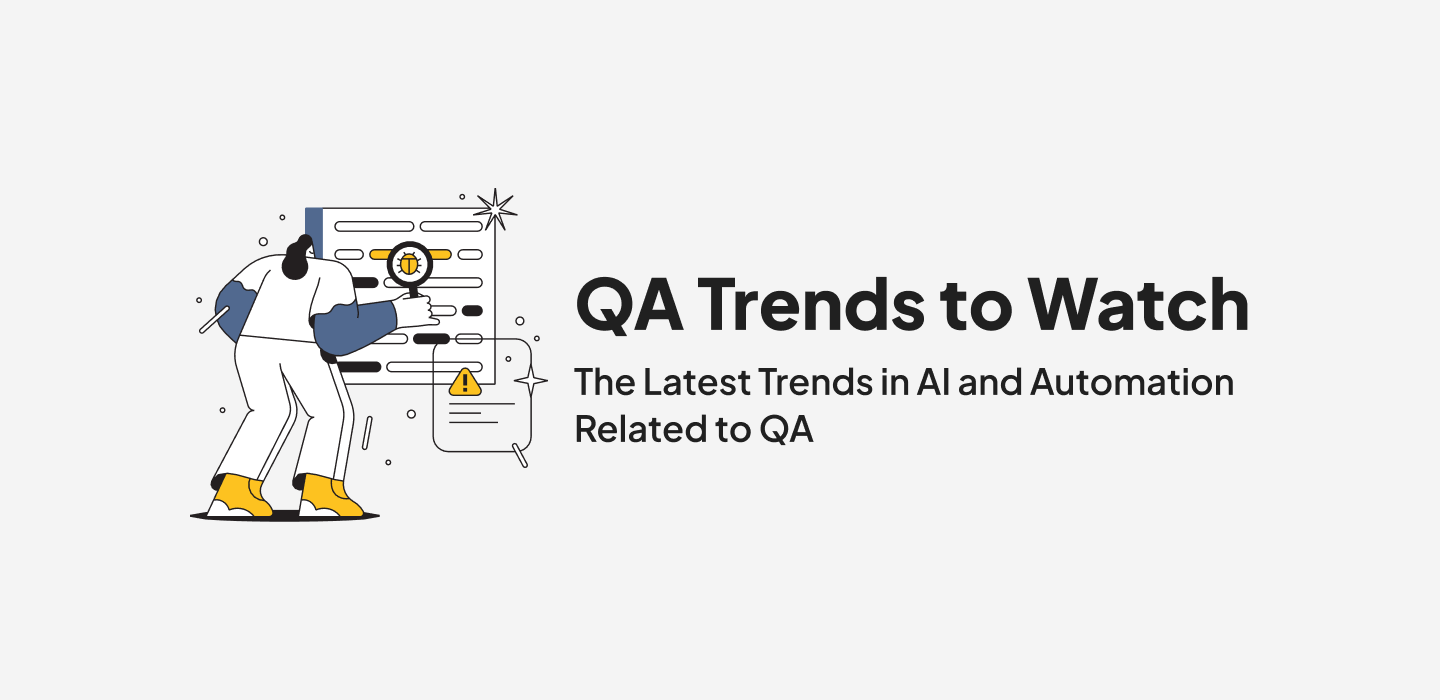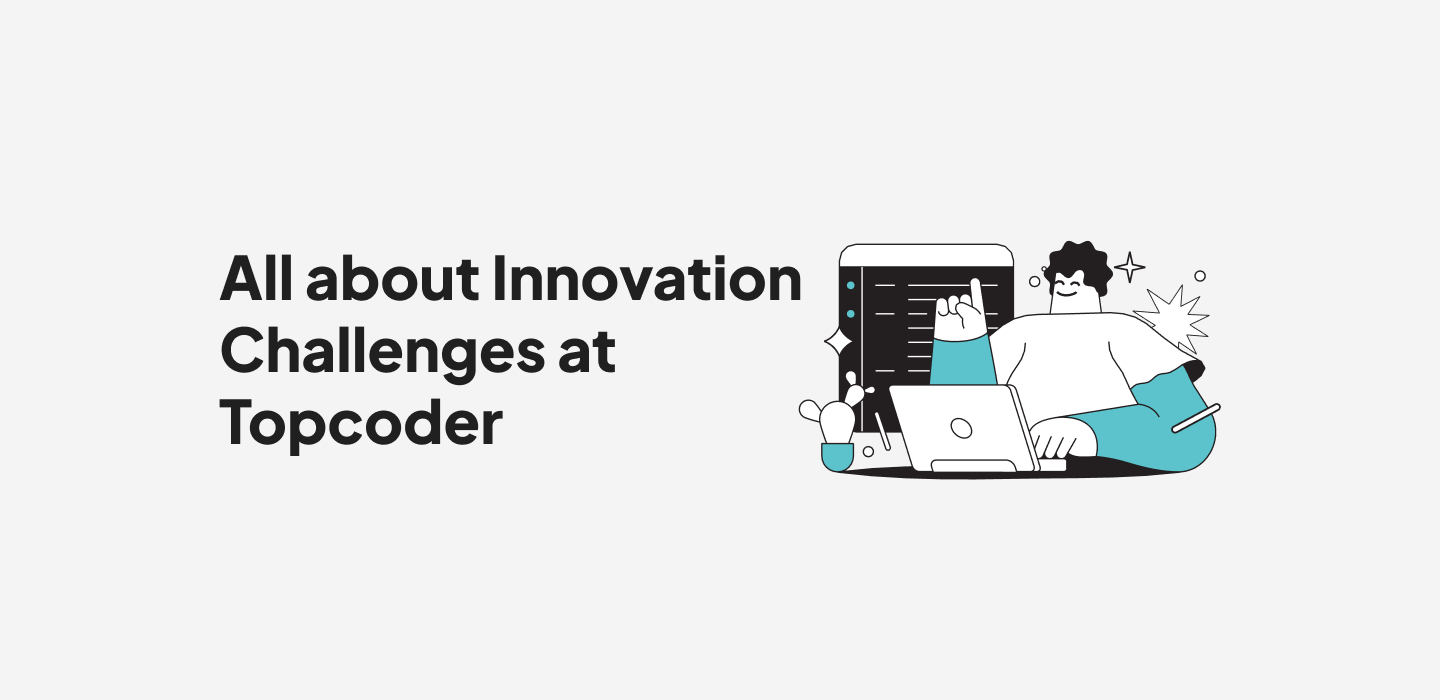July 16, 2020 Protecting the Health of our Planet’s Ecosystems by Leveraging Crowd for Good
Tackling the Problem of Ecosystems at Risk
Healthy ecosystems are the foundation of all civilization—they clean our water, renew our soil, purify the air we breathe, and provide us with food. At both a micro and macro level, the well-being of humanity is dependent on the ecological health of the planet. But wildlife and wild ecosystems around the world are facing unprecedented challenges due to environmental changes. The problem is a serious one, and it is made much more difficult by data limitations.
Key data about our ecosystems does not exist, and what does exist is often not easy for people to acquire and use. Without usable data, robust ecosystem modeling that could be used to drive policy decisions, inform corporate actions, and stir public consciousness cannot be performed. What models are generated are often biased and rarely evaluated properly. So even though we have the will and the technology, competition for scarce funding and “us vs. them” mentality makes it difficult to come together, put that technology to work, and tackle these problems head on.
A GLOBAL PLATFORM TO HELP OUR PLANET’S ECOSYSTEMS
Enter the Yellowstone Ecological Research Center (YERC), a nonprofit organization whose mission is to put community science to work for conservation success in the Greater Yellowstone Ecosystem and beyond. Since 1993, YERC has conducted research in and around Yellowstone National Park on an ecologically diverse set of projects.
Recently, YERC has turned its attention toward building a global platform. The platform will bring disparate ecological data together and be publicly available and accessible. The end goal is to enable preventative healthcare for our planet’s ecosystems by providing tools to diagnose and keep them healthy.
COMMUNITY-SOURCED DATA AND COMMUNITY SCIENCE
To gather data, YERC has honed a community science based approach in the Greater Yellowstone Ecosystem. As sensors become more readily available and affordable, there is an opportunity to further democratize the process of data gathering and to generate a place for networked natural ecosystems within the “Internet of Everything” (IoT). In community science, complementary roles are aligned in producing transparent and unbiased data. This transparency and cooperation builds trust, which allows for data to become useful information to then be applied to conservation problems before they become entrenched conflicts. Trusted, scientific information, available in a timely manner, should be preventative as well as the final arbiter.
YERC EPIIC PLATFORM CHALLENGE SERIES
Topcoder is proud to partner with YERC to help create the platform that will bring this data together, called EPIIC (Ecosystem Prognosis, Impacts, and Information Cooperative). EPIIC will be an open-source, collaborative effort built on scalable, cloud-based services, to be available to users and citizen-scientists around the world. Through our Crowd for Good initiative, Topcoder’s global community will help design and develop EPIIC, populate datasets, and model ecosystems.
The challenge series has four phases:
- Phase 1: Platform Experience Design (UI/UX)
- Phase 2: Platform Infrastructure Development
- Phase 3: Platform Feature Development
- Phase 4: Population and Model Development (Data Science)
We are nearly done with Phase 1, and gearing up for Phase 2.
Phase 4 of the challenge will kickstart the kind of ecosystem modeling that will happen on the EPIIC platform going forward, e.g. predicting the population of steelhead trout based on snowfall and other indicators. As the data is made available, an extensive array of tools can be used to analyze, transform, and/or amplify the data. Resultant models can be shared with collaborators and made available to others to improve upon or adapt to their needs.The possibilities for breakthroughs are enormous!
WORKING TOGETHER TO SERVE THE GREATER GOOD
Engaging an entire community to get the best possible result is core to who we are, and it fits nicely with YERC’s community science, and citizen-scientist approach. Compare the traditional scenario of a single scientist at a large university using grant money to work all year and at the end, you only get one model. Our approach is that ‘the crowd’ can do it better—when you engage an entire community of talent, you get more ideas, more solutions, and better outcomes.
As community science seeks to solve problems simultaneously for humans and the natural resources they rely upon, the end result is that community health is extended to all species. Similarly – a crowd approach extends benefits to the customer and the crowd, fostering opportunity for both. We’re proud to partner with YERC and help innovate in the service of health for our planet’s ecosystems
Thank you to YERC and partners at the Arthur M. Blank Family Foundation, Jerry Metcalf Foundation, Experiment, and Microsoft’s AI for Earth grant.
Read more about the EPIIC platform challenge series here.
To get started with your own Crowd for Good initiative, contact us.
Alexa Baray


